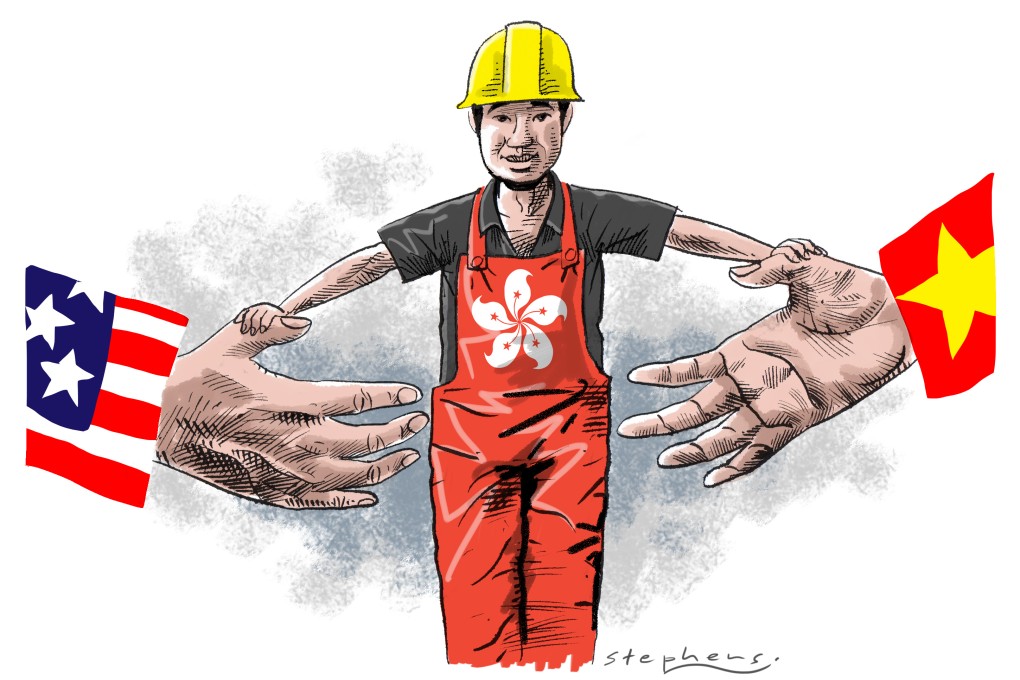Hong Kong is uniquely placed to enrich Sino-US relations
Tung Chee-hwa says Sino-US relations benefit from having intermediaries that understand the values and cultures of both, a role that some individuals - and Hong Kong - play well

Born in Shanghai, brought up in Hong Kong, and then having spent nine years of my life in the United States, I have always viewed myself as a product of both worlds. While I live and breathe Chinese values, cultures, traditions and am proud of being Chinese, I appreciate American values such as openness, its innovation and competitive nature, and the enormous dynamism that has resulted. I have always sought to help improve the US-China relationship.
Since the resumption of diplomatic relations in 1979, the relationship has been moving forward positively, despite occasional ups and downs. Indeed, today, this relationship is the most important bilateral relationship in the world.
The China-United States Exchange Foundation believes understanding and trust are the cornerstones of success for this relationship. Our programmes serve as a critical bridge for the two countries, by facilitating open and constructive exchanges between policymakers, business leaders, academics, think tanks, cultural figures and educators from the US and China.
In the almost seven years since its establishment, the foundation has become recognised both in Beijing and Washington for its effective promotion of Sino-US relations.
We have over 20 ongoing initiatives in four separate areas.
The first area is in education. We support student exchanges between China and the US, ranging from high school students to college undergraduates and postgraduate students. We also sponsor exchanges of scholars.